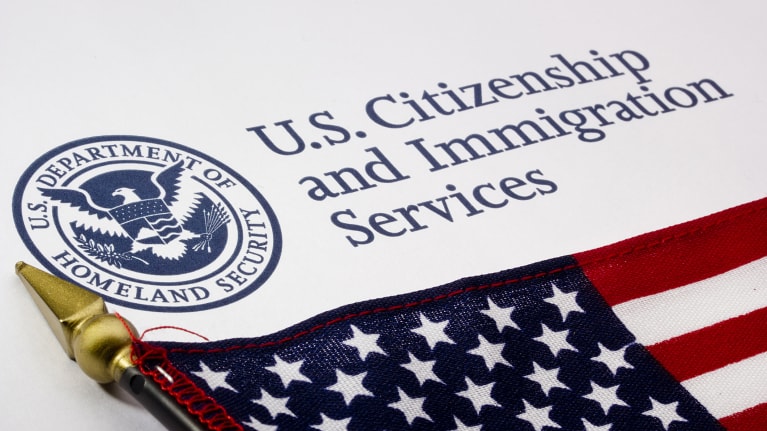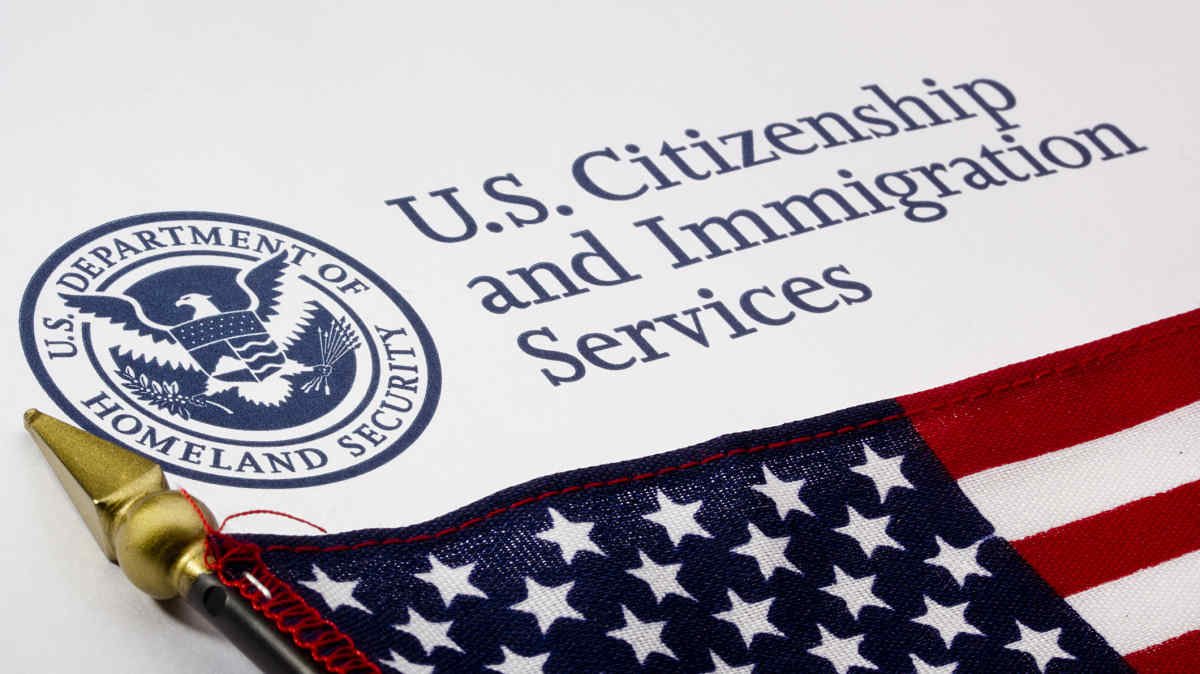

U.S. Citizenship and Immigration Services (USCIS) announced Aug. 1 that the second random lottery for fiscal year (FY) 2024 H-1B visas has been completed. The agency selected an additional 77,609 registrations in its second lottery drawing, bringing the total number of selections to date to 188,400.
The agency has notified all prospective petitioners from this latest round of selection that they are eligible to file an H-1B cap-subject petition for the beneficiary named in the registration. The petition filing period will last until Oct. 31.
We’ve rounded up articles and resources from SHRM Online to provide more context on the news.
Record-Breaking Year
USCIS completed its initial lottery of H-1B cap-subject registrations in March. The agency subsequently announced that it selected 110,791 of 758,994 eligible registrations. The filing period for registrations selected in the first lottery ran from April 1 to June 30.
The number of registrations set a record—by far—but also resurfaced long-held concerns about employer fraud.
USCIS said that it has conducted “extensive fraud investigations, denied and revoked petitions accordingly, and continues to make law enforcement referrals for criminal prosecution.”
Alternatives to the H-1B Visa
Each year, it becomes increasingly difficult to obtain one of the 85,000 H-1B visas allotted under the congressionally mandated cap. Employers and foreign-national employees are now reviewing their contingency plans for those whose registrations were not selected.
Canada Reaches Cap for H-1B Visa Holders in Under 48 Hours
Canadian companies will tap into a larger pool of talented tech candidates in the coming months, after H-1B visa holders in the U.S. briefly had the opportunity to apply for an open work permit in Canada.
The initiative by the Canadian government allowed 10,000 applicants to work in Canada for three years. The maximum number of applications was received in less than 48 hours.
Employers View Immigration as a Solution to Labor Shortages
A majority of employers agree that modernizing the U.S. immigration system will boost economic growth, lessen labor shortages and ensure that the United States maintains a competitive edge in attracting and retaining global talent, according to recent research from SHRM.

